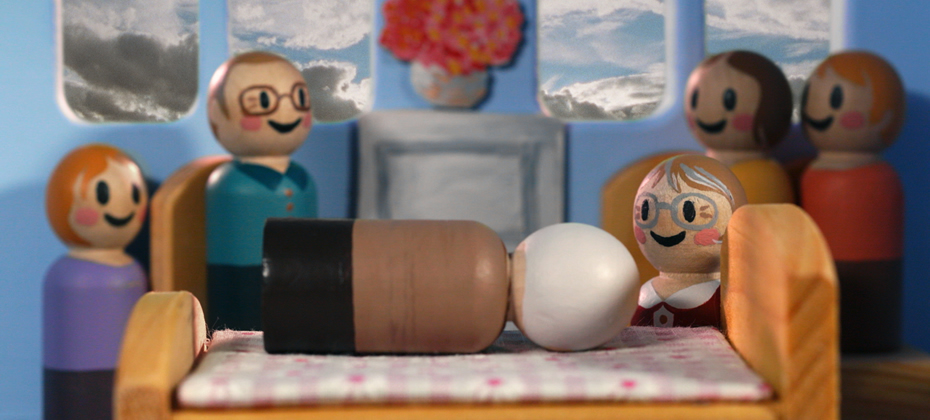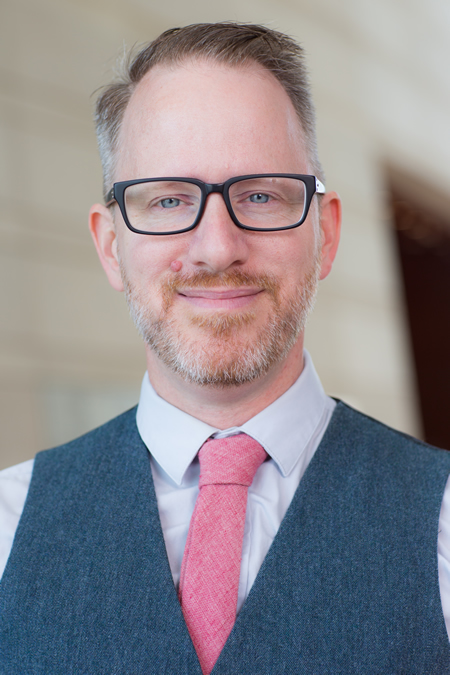Faculty Filmmaker Premiered Film at Famed Chicago Festival

 Associate professor of RTVF Kyle Henry’s latest nonfiction feature film Time Passages had Midwest premiere on October 26 at this year’s Chicago International Film Festival. It was included in the “outlook” competition.
Associate professor of RTVF Kyle Henry’s latest nonfiction feature film Time Passages had Midwest premiere on October 26 at this year’s Chicago International Film Festival. It was included in the “outlook” competition.
The film explores Henry’s relationship with his mother at a critical moment—the start of the pandemic. Through his personal journey, he takes a larger look at the concept of American motherhood and self-sacrifice.
“Screening the film in Chicago is personally cathartic—and hopefully in some small way transformative for viewers,” Henry says. “When I started filming this very personal documentary about my relationship with my mother, who was in a nursing home suffering from dementia during the depths of that awful first pandemic summer in 2020, I filmed to hold on to my sanity and to find a way to deeply connect. We couldn’t hug, touch, or be near each other, but we could sing over Zoom, and that brought her out of her fog and connected our hearts. This is what art can do, it can connect our souls across time and space, when physical distance and walls of misunderstanding seem insurmountable.”
Henry regularly taps Northwestern talent to assist in his filmmaking, and Time Passages was no different. Students, through Northwestern’s Undergraduate Research Assistant Program, worked as assistant editors and distribution research assistants. Current students Steven Yao and Saifeddine Lahmar worked as distribution and social media assistants. And RTVF program assistant Arshad Baruti (C22), worked as an assistant editor. Finally, the director of photography and co-editor of the film was MFA in Documentary Media alum Abbigail Vandersnick (C20).
“This four-year journey across time with an intrepid group of Northwestern SOC student filmmaking assistants helped me uncover my family’s past to tell something important about our nation’s history, and potentially our collective future as we search for better systems of care,” Henry says. “I’m truly grateful beyond words for both the School of Communication and the Provost’s Office support via special COVID research relief grants that allowed me and my student crew to continue to work during a period of intense crisis.”
